A 10-point action plan was launched at COP27 as new research cautions that 800,000 seafarers will need carbon upskilling by mid 2030.
The Maritime Just Transition Task Force, comprising UN organisations, shipowners and unions, has launched a ‘shipping action plan’ at the COP 27 climate conference in Sharm El-Sheikh, Egypt, in November 2022.

The action plan, forming part of a white paper titled: ‘Mapping a Maritime Just Transition for Seafarers’, aims to upskill seafarers to meet shipping’s decarbonisation goals while putting the seafaring workforce at the heart of the solution.
The initiative comes after new research cautions that as many as 800,000 seafarers will need additional training by the mid-2030s as shipping transitions to alternative fuels and technologies, such as hydrogen, biofuels and batteries.
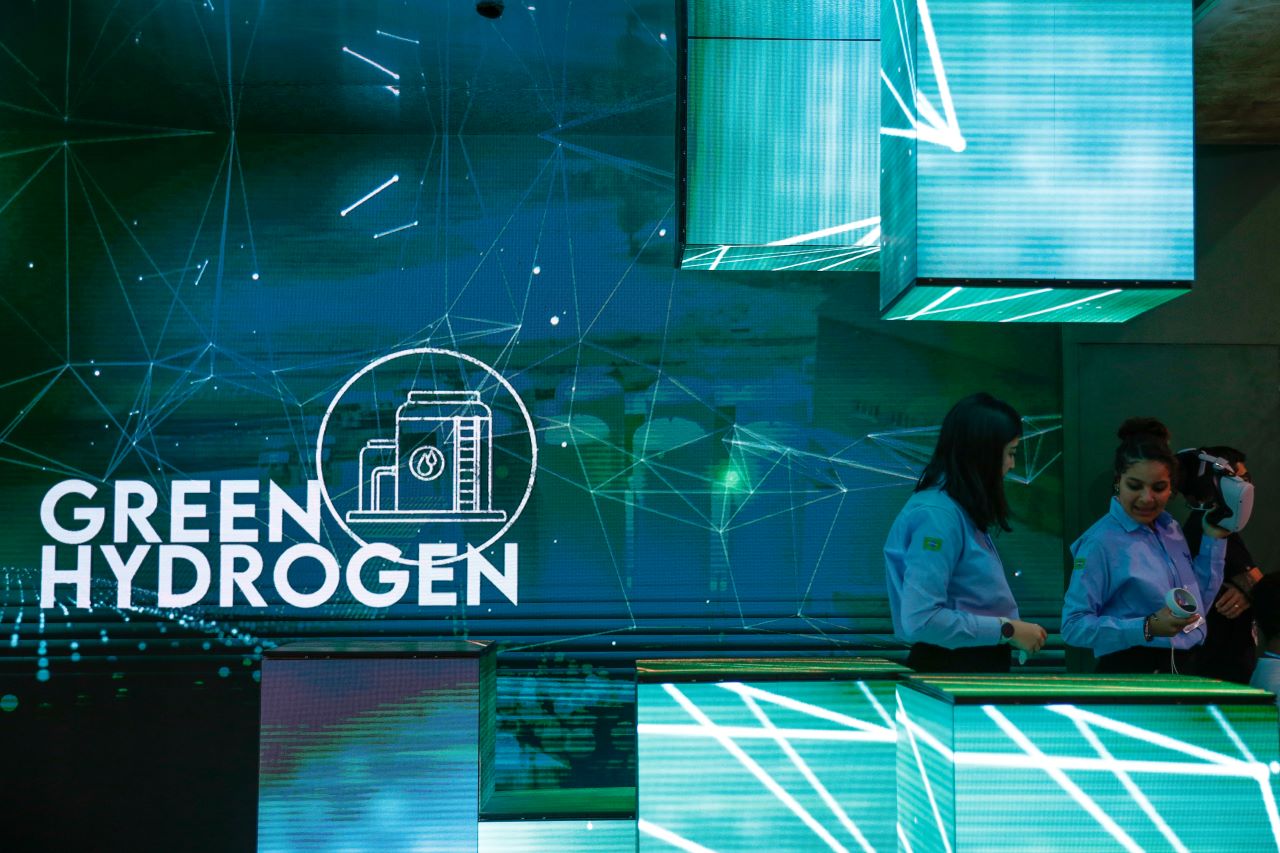
Shipping, generating three per cent of global greenhouse gas emissions, aims to transition to a net zero emission by 2050 in a concerted international effort to limit global warming to 1.5°C or lower.
The massive undertaking would require businesses, including shipping, to educate the workers about the transition and set up training infrastructures to upskill and empower workers, ‘leaving no one behind’.

Navigating shipping towards net zero, the 10-point shipping action plan made recommendations for industry, governments, seafarers unions, and academia, including training providers under scenarios with varying decarbonisation speed and progress.
These recommendations include: Strengthening global training standards, ensuring a health-and-safety-first approach, and establishing advisory national maritime skills councils.
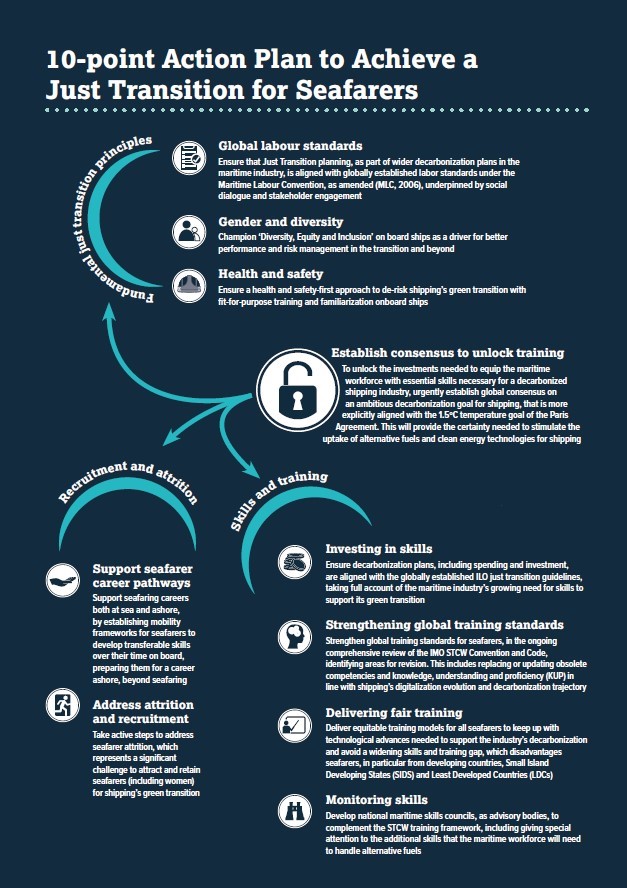
“The good news is that seafarers are prepared and willing to be part of this transition,” said ITF General Secretary Stephen Cotton.
“But crew want to know that the fuels they’re handling are indeed safe and that we as an industry have the training pathways established to upgrade their skills,” he added.
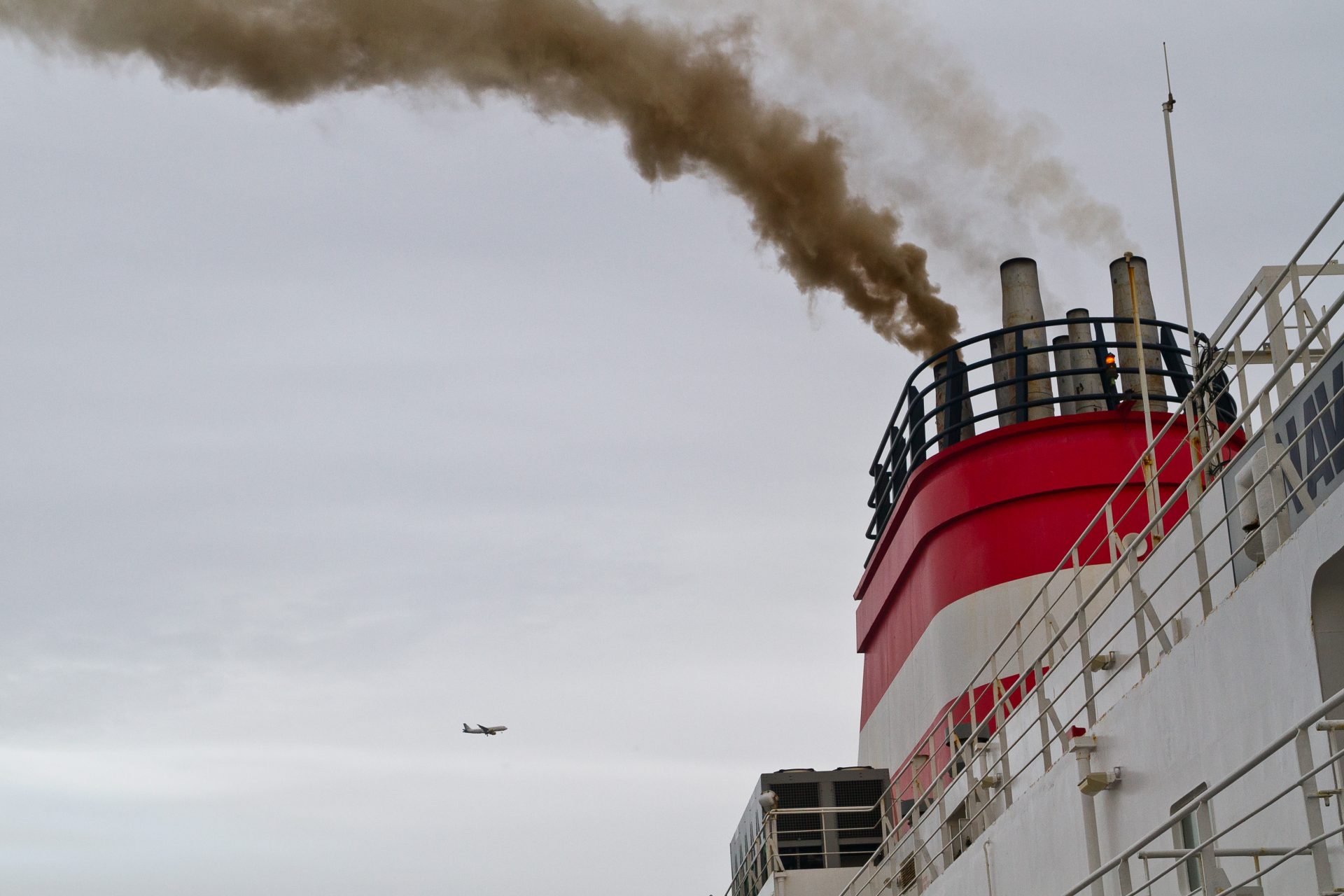
Factors hindering the Maritime Just Transition
The research pointed out the lack of clarity on the viability and uptake of alternative fuel options, among issues which could hinder the transition. In addition, it highlighted that regulatory and financing uncertainties could impede the upskilling of seafarers.
The report proposed that stakeholders kickstart seafarers’ training by investing in and enhancing maritime training establishments with facilities and competent trainers.
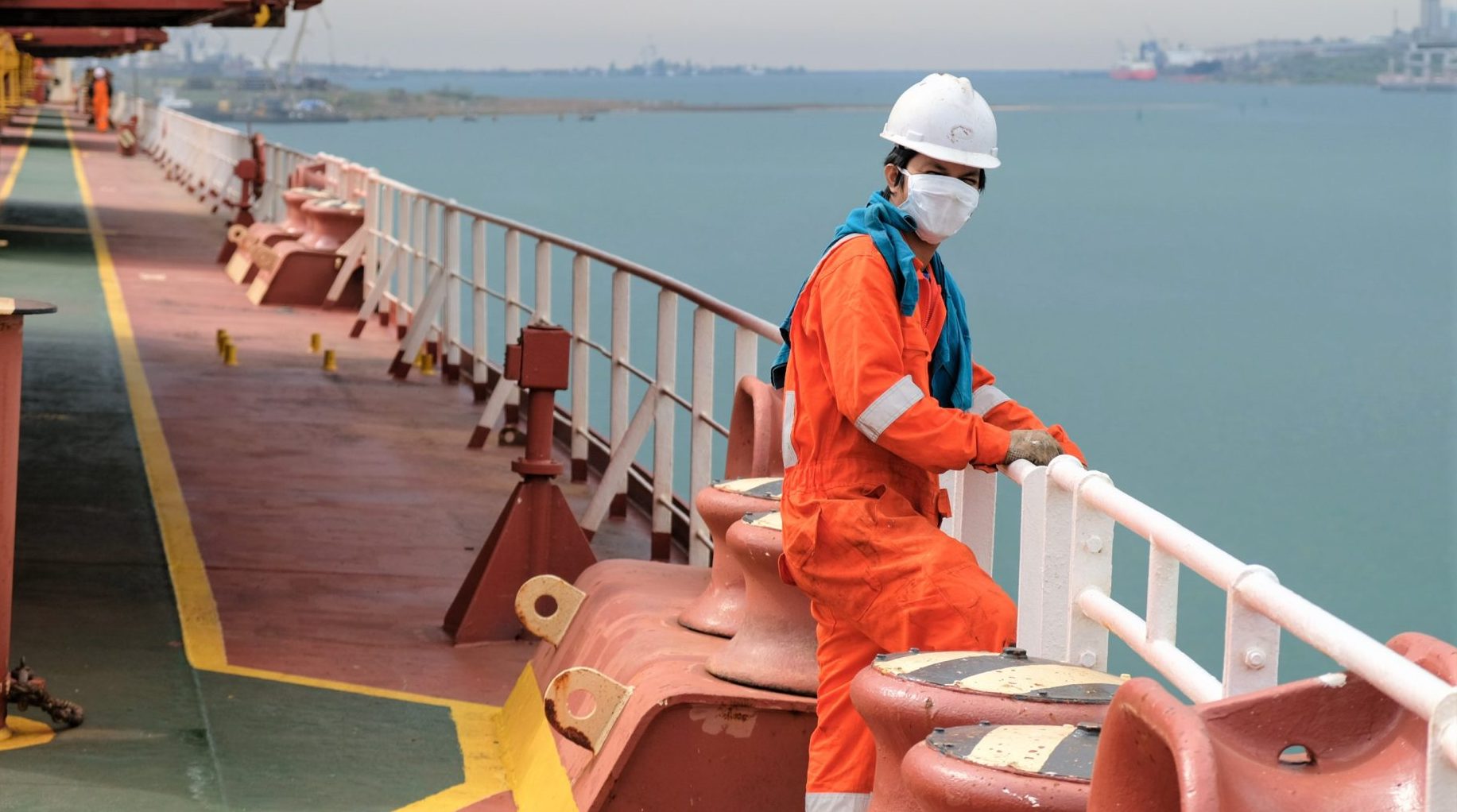
“There is an urgent need to establish the infrastructure and training required to prepare our seafaring workforce, both in developed and developing countries, to help meet our decarbonisation objectives,” said ICS Secretary General Guy Platten.
“This should be done as of today, so they are ready and able to meet the challenges that new green fuels and propulsion technologies will pose and mitigate any potential health and safety risks for ships, communities, the environment and seafarers themselves.”
See also:
SOS studies transition impact on seafarers
Separately, SOS has conducted small-scale surveys to assess seafarers’ awareness of the transition and their receptiveness to re-training and upskilling. Its findings and recommendations were largely similar to the proposal put forth by the Maritime Just Transition Task Force.
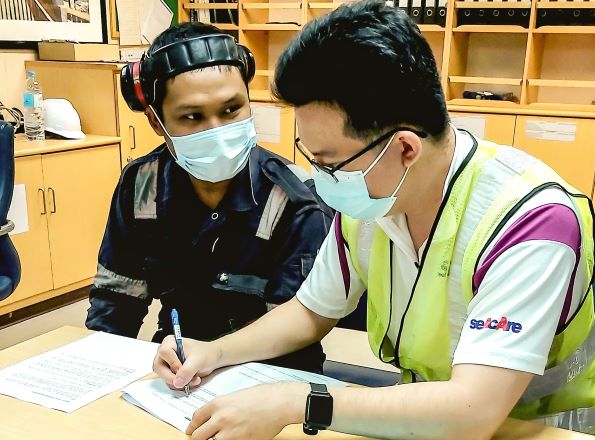
The surveys, with limited sample size, noted that while the maritime decarbonisation concept is not new to seafarers, most are unfamiliar with the subject and entailing issues, such as the impacts of alternative fuels on their health, livelihood and the environment.
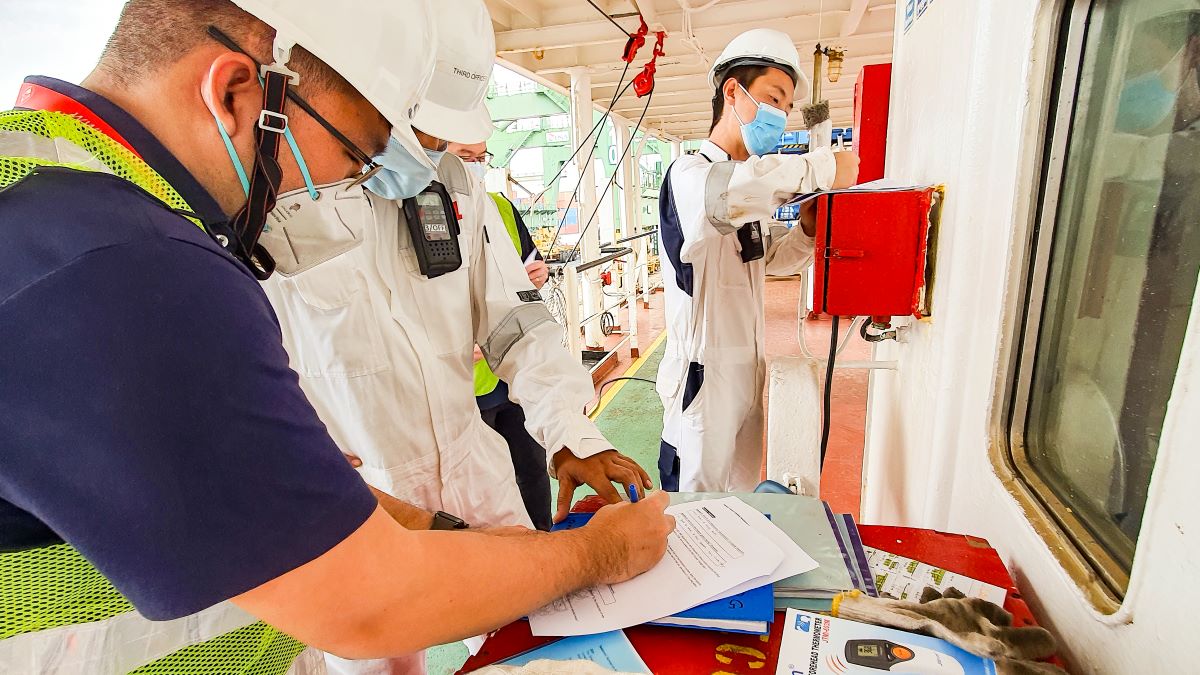
Seafarers agreed that it is important to have a better understanding of the pathways, action plans and implications for the industry to transition towards decarbonisation effectively.
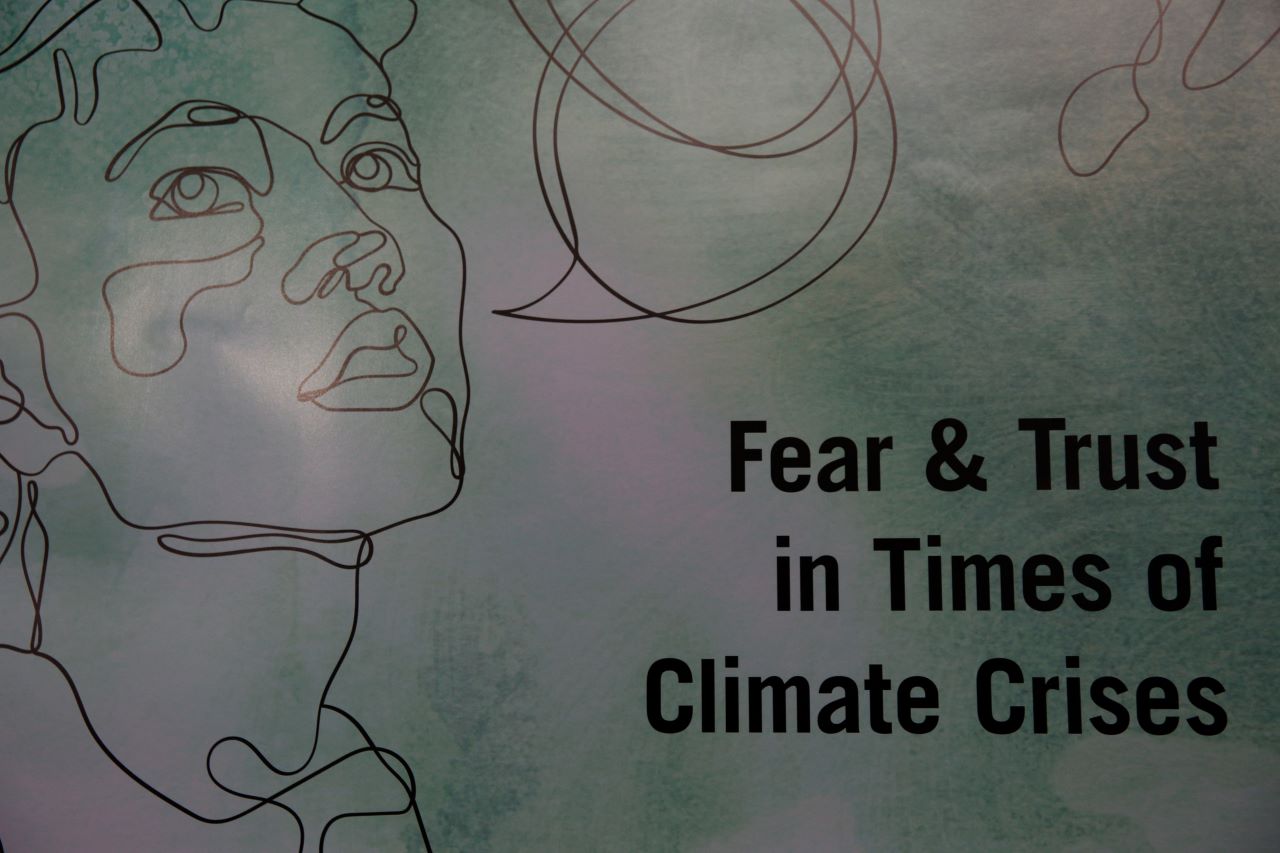
On the action plan, Platten added: “This is an opportunity for all so that no one is left behind. Shipping cannot decarbonise without its workers, and the 10-point action plan developed by the Task Force maps out a pathway for how this can be achieved as our industry continues to navigate towards a decarbonised future.”
Read more:
Click here for more feature stories in Samudra.




